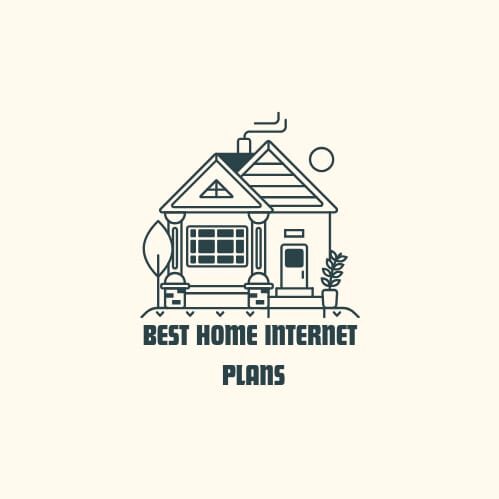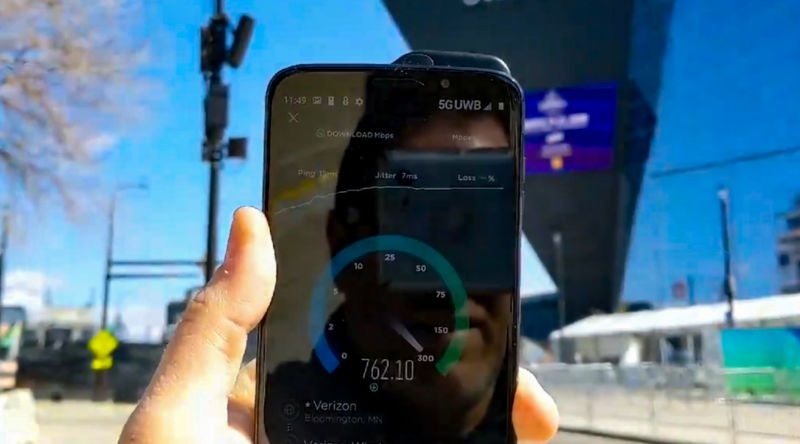Verizon 5g home internet speed
Verizon 5G Home Internet is designed to offer high speed internet service by leveraging the power of 5G wireless technology. The speeds provided by this service can be quite impressive making it a competitive option against traditional broadband solutions. Here’s an overview of the speed aspects of Verizon 5G Home Internet:
Typical Speed Ranges OF Verizon 5g home internet speed
- Download Speeds Verizon 5G Home Internet typically offers download speeds ranging from approximately 300 Mbps to up to 1 Gbps (1000 Mbps) in some areas. These speeds are contingent on the strength and capacity of the local 5G network.
- Upload Speeds The upload speeds are generally lower than download speeds which is typical for most internet services. However they are still quite robust and can support most online activities including video conferencing and online gaming.
- Speed Variability It’s important to note that 5G speeds can vary based on several factors, including your proximity to the nearest 5G tower the number of obstacles (like buildings or trees) between you and the tower and the number of users on the network.
Comparing to Other Technologies of Verizon 5g home internet speed
- Fiber Optic Connections The top speeds of Verizon 5G Home Internet can rival those of fiber optic connections especially in areas with strong 5G coverage.
- Cable and DSL In most cases Verizon 5G Home Internet will offer significantly faster speeds than traditional cable and DSL connections.
Real World Performance of Verizon 5g home internet speed
- Consistency Users may experience fluctuations in speed more so than with wired broadband connections. This is due to the nature of wireless technology which can be affected by physical and environmental factors.
- Latency 5G technology generally offers lower latency compared to older wireless technologies which is beneficial for real time applications like online gaming and video calls.
Factors Affecting Speed of Verizon 5g home internet speed
- Distance from 5G Tower The closer you are to a 5G tower the better your chances of achieving higher speeds.
- Obstructions Physical obstructions like buildings, trees, and even certain types of weather can impact the strength of your 5G signal.
- Network Congestion Like any network 5G can be subject to congestion. If many people in your area are using the service simultaneously you might notice a decrease in speed.
Testing Your Speed of Verizon 5g home internet speed
- If you are a Verizon 5G Home Internet user and want to check your internet speed you can use online speed test tools like Ookla Speedtest.net. This can give you a real time understanding of your connections performance.
Understanding Speed Expectations and Optimization
Continuing the discussion on Verizon 5G Home Internet speeds it is important for potential and current users to have realistic expectations and understand how to optimize their internet experience.
Setting Realistic Speed Expectations
- Peak vs Average Speeds: The speeds advertised often in the range of 300 Mbps to 1 Gbps are peak speeds. Average speeds might be lower especially during peak usage times or in areas with less optimal 5G coverage.
- Individual Experience Speeds can vary significantly from one household to another even within the same neighborhood due to the unique positioning and surrounding environment of each home.
Enhancing Your 5G Home Internet Experience
- Router Placement Place the 5G router in a location with the least physical obstructions between it and the nearest 5G tower. Near a window is often recommended.
- Minimize Interference Keep the router away from other electronic devices and objects that could interfere with the signal such as microwaves or thick walls.
- Use Wi-Fi Extenders: If your home is large or has multiple floors, consider using Wi Fi extenders to ensure consistent coverage throughout.
Managing Bandwidth Usage
- High-Bandwidth Activities Be mindful of activities that consume a lot of bandwidth, such as 4K video streaming or large file downloads. These can affect overall network performance especially during peak hours.
- Device Limitations: The actual speed experienced on a device also depends on the device’s capabilities. Older devices may not fully utilize the high speeds offered by 5G.
Network Congestion and Time of Day
- Peak Hours Internet speeds can slow down during peak usage hours, typically in the evenings when more people are home and online.
- Off Peak Usage: If possible schedule high bandwidth activities during off peak hours for better performance.
Monitoring and Testing Speeds
- Regular Speed Tests Conduct regular speed tests using reliable online tools to monitor your internet performance.
- Service Outages and Updates Stay informed about any network outages or maintenance updates from Verizon that might temporarily affect internet speeds.
Customer Support and Feedback
- Technical Support If you consistently experience speeds much lower than expected contact Verizon technical support for assistance. There might be specific issues with your connection that they can help resolve.
- Feedback Loop Providing feedback to Verizon about your internet speeds can also be helpful, as it can alert them to potential issues in certain areas and contribute to service improvements.

